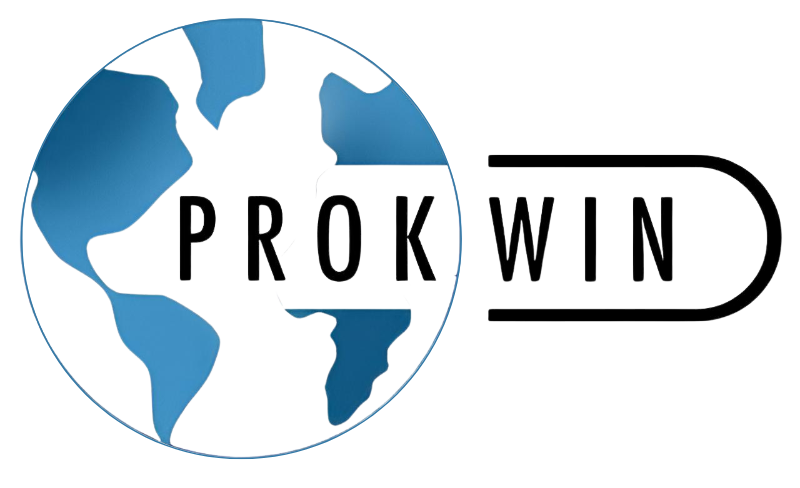Water treatment is a complex process reliant on a diverse supply chain. From chemicals and equipment to specialized services, the procurement of goods and services is critical to ensuring water quality and operational efficiency. However, disruptions in the supply chain can have severe consequences for water companies, including service interruptions, financial losses, and reputational damage. Effective supplier risk management is therefore essential.
Identifying Key Risks
- Supply Chain Disruptions: Natural disasters, geopolitical tensions, and pandemics can disrupt the supply of critical materials.
- Quality Issues: Product defects, contamination, or non-compliance with regulatory standards can compromise water quality and public health.
- Financial Instability: Supplier bankruptcy or financial difficulties can lead to supply shortages or increased costs.
- Cybersecurity Threats: Data breaches and cyberattacks can expose sensitive information and disrupt operations.
- Regulatory Compliance: Non-compliance with environmental or safety regulations can result in fines, penalties, and reputational damage.
- Ethical and Social Issues: Labor practices, environmental impact, and corporate social responsibility concerns can affect a company’s reputation.
Mitigating Risks
To mitigate these risks, water companies should implement a comprehensive supplier risk management program:
- Supplier Qualification and Assessment: Conduct thorough due diligence on potential suppliers, including financial stability, quality control processes, and environmental performance.
- Risk Assessment and Profiling: Identify and prioritize potential risks based on their likelihood and impact.
- Diversification: Build a diverse supplier base to reduce reliance on any single source.
- Contractual Safeguards: Develop robust contracts that outline performance expectations, quality standards, and termination clauses.
- Performance Monitoring and Evaluation: Continuously monitor supplier performance and address issues promptly.
- Emergency Preparedness: Develop contingency plans to address supply chain disruptions and ensure business continuity.
- Collaboration: Foster strong relationships with key suppliers to enhance communication and collaboration.
- Technology Adoption: Utilize advanced technologies such as blockchain and artificial intelligence to improve supply chain visibility and resilience.
Case Study: The Importance of Supply Chain Transparency
The Fukushima Daiichi nuclear disaster in 2011 highlighted the importance of supply chain transparency in the water treatment industry. The incident raised concerns about the safety of iodine products used in water treatment, leading to increased scrutiny of supply chain practices. This event emphasized the need for water companies to have a deep understanding of their suppliers and the origin of their products.
By proactively managing supplier risks, water companies can protect their operations, safeguard public health, and build a resilient supply chain.

No responses yet